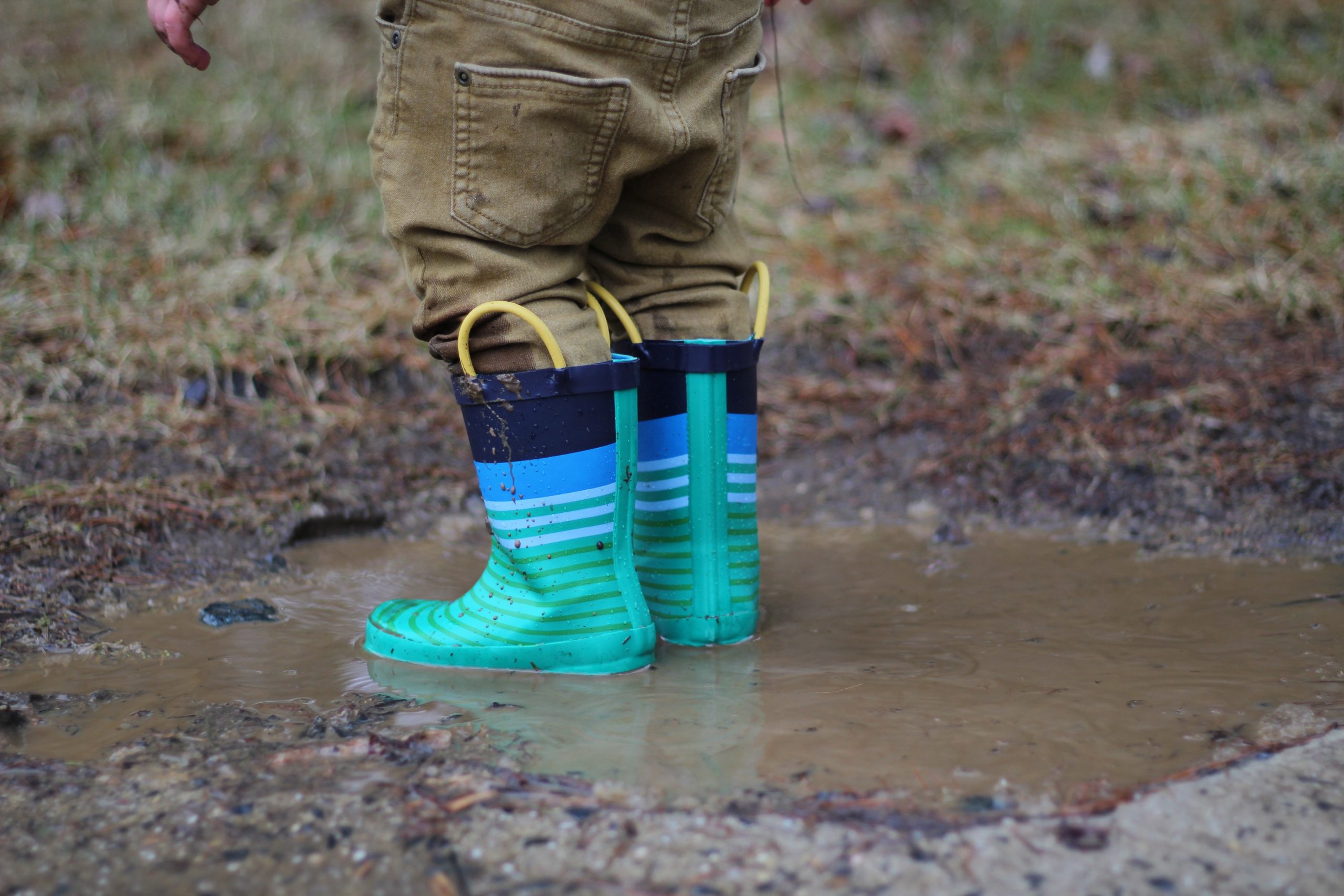Queensland outlines arrangements through to 4 March in wake of continued Omicron

A number of transitional measures have been put in place for Queensland schools and early childhood education and care (ECEC) services for the period 7 February – 4 March as the Omicron variant of COVID-19 continues to be present in the Queensland community.
Early childhood services
The following measures have been recommended for early childhood services in Queensland to limit the spread of COVID-19:
- Reduce mixing between different age or room groups
- Consider small group play, staggered mealtimes and indoor/outdoor play whenever possible
- Rather than having group times where everyone is sitting on the mat, consider using informal opportunities to engage with small groups of children at a time
- For younger children, consider rotating and cleaning toys more often
- Monitor and avoid children sharing toys that were placed in mouths
- Wherever possible and where you have enough staffing for adequate supervision, consider operating an indoor/outdoor program
- A greater range of activities will encourage children and staff to spread out more broadly
- Minimise where possible mixing educators and children between rooms
- Stagger start and finish times wherever possible.
Standard hygiene measures
Schools and early childhood services must maintain COVID-19 safe health and hygiene measures, including:
- staff, students, children or visitors must not attend facilities if sick;
- regular hand washing and hand sanitising in line with the five moments of hand hygiene particularly before and after eating, and after going to the toilet. Watch the instructional video for further guidance;
- covering the mouth and nose with a tissue when coughing and sneezing, or coughing into the elbow, disposing of tissues in the bin and washing hands thoroughly afterwards;
- ensuring sufficient soap, water and hand sanitiser stations, as well as tissues, are available;
- increased cleaning of facilities, particularly high-frequency touchpoints such as door handles, light switches, desks and water fountains or bubblers; and,
- regular cleaning of playground equipment and play materials.
Staff should also:
- avoid sharing small office spaces;
- adhere to physical distancing in staff rooms and other shared spaces; and,
- open windows to promote air flow where environmental conditions, such as cold weather, allow.
Cleaning
In line with the Queensland Government’s Managing COVID-19 in Workplaces, deep cleaning is no longer required where a positive case of COVID-19 has been identified.
The two-step precautionary clean – involving a daily normal hygienic clean using Astra (general cleaning) and Hercules (amenities), followed by sanitising (Concept) – is sufficient for schools and other workplaces to reduce the risk of COVID-19 transmission.
Physical distancing
In line with Queensland Health advice, state schools and early childhood services will continue to adhere to physical distancing and enhanced hygiene measures in order to provide COVID-19 safe facilities and protect the health, safety and wellbeing of children, staff and the community.
Minimise congregation
It is important schools and services consider arrival and departure procedures to minimise groups gathering, including in foyers and classrooms.
If possible, parents should drop off and pick up children in a safe place at entrances instead of entering the premises.
Resources, including posters and sticker templates, are available from the department (departmental employees only). Download a keep physical distancing and be COVIDSAFE poster from the Australian Government Department of Health’s website and mark floors at desks and counters to remind adults to keep 1.5 metres apart.
Ventilation
Ventilation is one part of a suite of measures that may be used to minimise transmission of COVID-19, along with vaccination, physical distancing, good hygiene, cleaning, wearing of masks and the correct operation and maintenance of air conditioning units.
The department has carefully considered expert advice from health authorities, Safe Work Australia, the World Health Organisation, the Doherty Institute and actions taken by other states and territories to inform this advice to schools.
Ventilation of learning spaces can be provided naturally (through opening of windows and doors when safe to do so, or relocating learning to outdoor settings) or mechanically, via ventilation and air conditioning systems that introduce fresh air from outside.
The department will continue to review the latest advice and undertake necessary actions in relation to ventilation. Excellent Queensland weather means that ventilation of learning spaces can often occur naturally by opening windows and doors, or relocating learning to outdoor settings.
Opening windows, where it is safe to do so and weather permitting, can help to bring in more fresh air to increase natural ventilation.
Increasing fresh air flow by having a number of windows partially open, rather than one window fully open, can help to maximise window driven natural ventilation across the room without causing discomfort.
Do not open windows or doors if doing so poses a safety or health risk (such as falling or triggering asthma symptoms). Also consider conducting activities, classes or lunches outdoors when circumstances allow.
Air conditioning
Ensure air conditioners are maintained, clean and functioning properly. Systems should be serviced regularly and filters checked, cleaned and replaced according to manufacturer’s instructions.
Where possible, ensure air conditioner settings draw air from outside and are not set to recirculate indoor air.
Use of fans
Where fresh air is available, ceiling fans can be used to further improve air circulation.
If a fan is not functioning, the fan should be repaired following normal processes.
Other fans, such as pedestal fans, should not be directed to blow air from one person directly past another and should be set to the lowest speed.
Further assistance
The department is supporting schools to assess ventilation in classrooms depending on local conditions and remediate where necessary. This will involve the use of CO2 measuring devices and, where necessary, implement actions to address natural ventilation, mechanical ventilation and physical distancing.
In circumstances where maximising natural ventilation may not be a suitable option in some teaching spaces, the department will support schools to purchase portable air cleaners or purifiers.
For more information, please see the Back to School 2022 page.
Popular

Workforce
Quality
Research
When did it start to go wrong?
2025-12-18 08:00:46
by Fiona Alston

Quality
Policy
Provider
Emergency Action Notices issued to three South Australian ECEC services over mobile device management concerns
2025-12-18 06:31:16
by Fiona Alston

Quality
Practice
Research
Curiouser and Curiouser: What Alice helps us see about who should teach
2025-12-19 07:15:35
by Contributed Content
















